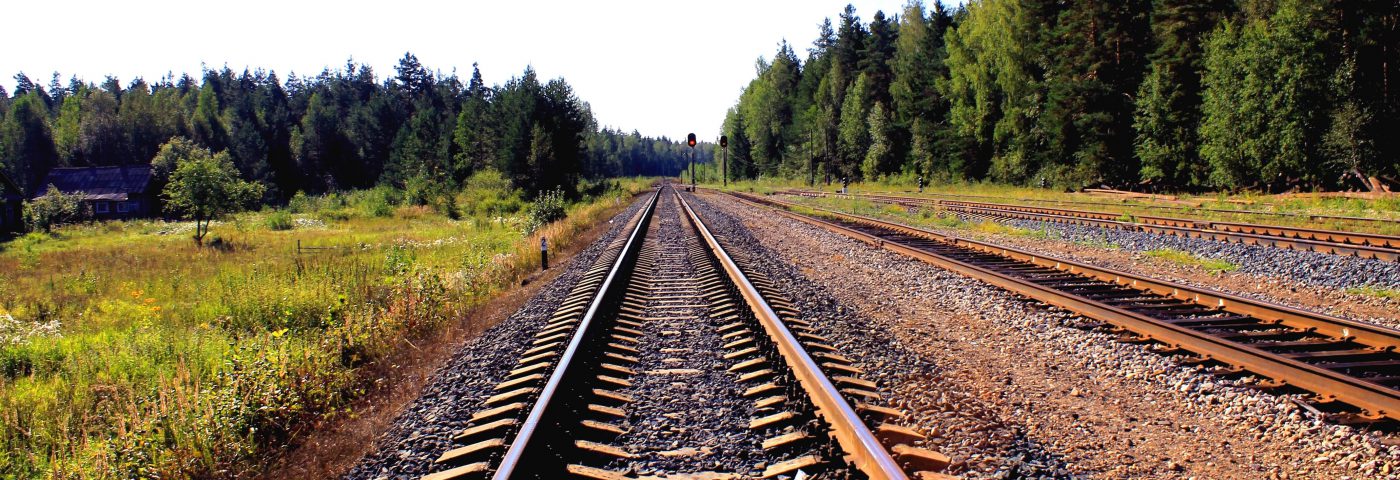A friend of mine called last week for holiday advice. It’s not the first time someone has done this, but it is the first time that a friend has done it specifically because they wanted to fly less, and were looking for advice on how to get places by train.
I told him what I could. Seat61.com is where you start, its exhaustive information on travelling anywhere in the world is how I start every piece of train journey planning. Loco2 (soon to be RailEurope) is where I go to book.
It sounds simple enough, but the truth is even with these two great sites, I often spend hours trying to craft itineraries, especially when I am not just connecting between one major city and another. I doubt I am alone.
It’s the basis of one of my biggest frustrations with many in the responsible / sustainable travel sector. Almost no company website gives enough information or support for those of us wishing to take as many of our journeys as possible without flying. The websites will go into great detail promoting their responsible holiday experiences, sharing information on how communities will be supported, habitats restored, species protected. But then when it comes to advice on how to get to these places, the only information is about flying – which airport is nearest and which airlines fly to it.
I get that there are places that aren’t really accessible except by plane. But leaving that aside, if responsible tourism companies want to be market leaders rather than simply market-led (although that is shifting rapidly too), then they really should be doing everything they can to encourage customers to come by means of transport other than plane.
Here are five suggestions for how I think companies – hotels, tour companies and destination sites – could do more to facilitate train travel. If people had more ideas, I’d be delighted if they shared them. And if you know of companies doing great things, let us know about them too.
FIVE WAYS TO HELP TOURISTS TRAVEL BY TRAIN
- Share information to make booking the train easy
Apart from sending people to the right booking sites for train travel and providing links to them, give them information on which stations are most convenient to get to their holiday from – it might not be the one that is nearest. Give them as much information as is possible to make booking a low carbon journey convenient and exciting. What’s it like when you arrive at the station? How can people get between the station and their final destination? What should they be looking out the window to spot?
- Offer incentives to encourage people to choose low carbon alternatives
Do you provide a discount for guests who arrive by train? Or offer to collect them from the train station? Could you provide a travel hamper for their return journey so they can easily enjoy a meal on their way home?
Going further, do you promote any destination-wide incentives to your guests on your website? In Switzerland, “Fahrtziel Natur” is a partnership between the Swiss Parks Network, ATE Switzerland and the Graubünden Birdlife association together with the Rhaetian Railway and the PostBus, which since 2016 has promoted “soft tourism” and sustainable mobility. For example, the GraubündenPASS offers free public transport to the visitors from the border to their destination, and the AlpenTaxi and BusAlpin takes visitors to the last part of their journey
- Remove aviation information altogether
It’s really not hard to find out how to fly anywhere in the world. So why make it even easier? Why not only provide information on how to arrive by train (or boat / bus / bicycle, as appropriate)? Make the sustainable option the default, rather than the exception.
- Connect with others
If you want to encourage people to not only not fly, but also to not drive when staying with you, then it helps if you make this easier too. In Germany’s Kellerwald- Edersee National Park, for example the “meine card” works like a credit card, and is free from participating accommodation providers. It gives visitors free entry to more than 120 attractions, free travel on regional trains, buses and minibuses, including taking bikes on board, and starts from the first leg of the journey to the region, valid for the entire length of stay. Accommodation providers add a charge to their overnight price to subsidise the cost. Likewise, Alpine Pearls is a network of 25 villages across the Alpine area of Germany, France, Austria, Italy, Slovenia and Switzerland. It promotes a Car free mobility network of villages accessible by train or other forms of sustainable transport.
- Share Stories
If you are going to work with bloggers and influencers, why not get them to come to you overland, and to write and film stories about their experiences getting to you? More and more travel writers are trying to create and promote such content – whether its these French bloggers or the travel writer whose recent article in The Atlantic saw him hoping for “A Future Without Long-Haul Vacations”. We have the communication tools to revitalise the romance of travel as it once was. Much of tourism won’t survive a narrative defined by flight shame. The new stories need to be about the new age of the train.


